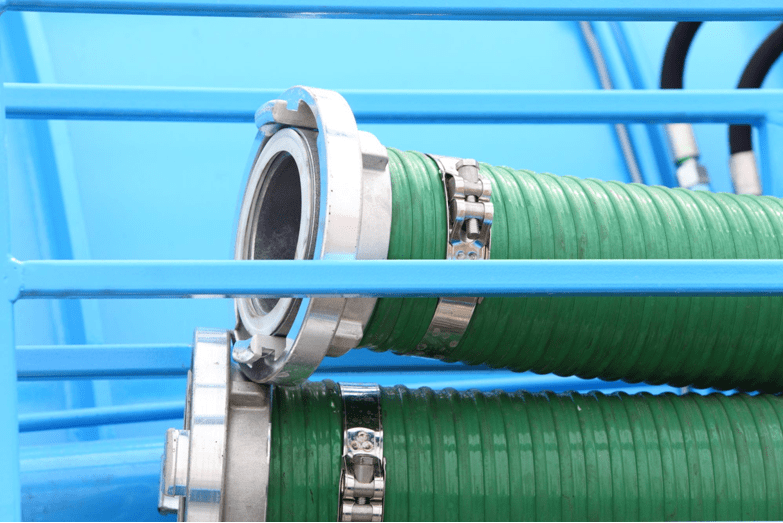Grease traps provide an important service by reducing the amount of fat, oil and grease (FOG) that enters into shared sewerage systems.
Australian’s produce more than 500,000 tonnes of grease trap waste every year. This waste needs to be removed by regular grease trap cleaning, to ensure that FOG doesn’t cause problems.
While grease traps provide an important job, they need to be regularly maintained to prevent further problems. Grease trap cleaning is the only way to properly remove FOG and avoid the issues that arise from a full grease trap.

Hygiene Issues
As food and grease decompose it releases noxious hydrogen sulphide gas. This gas is the reason for the rotten food smell which occurs when a grease trap isn’t regularly cleaned.
Bad odours can become a big issue for businesses, affecting their employees and customers. This is especially true for service industries such as restaurants, where a negative experience can seriously impact the reputation and income of a business.
Regular cleaning can reduce odour and help to maintain grease trap functionality. If a grease trap is left uncleaned for too long, food and other heavier sediment can sit at the bottom of the trap and solidify. Not only does this make future cleaning harder, but it also reduces the overall effectiveness of the grease trap.
Plumbing Issues
Grease traps that are left for too long or aren’t properly cleaned can lead to a build-up of FOGs, creating a solid and immovable blockage. Not only will this blockage cause a horrible smell inside and around your property, but it can also back up your plumbing.
Serious blockages can block the drainage system for your whole property, causing toilets, sinks and drains to start filling up with filthy, foul-smelling water. If this happens often enough it can cause serious damage to your business’ reputation, as well as lead to lost income while closed for repairs.
Regular grease trap cleaning can help to remove partial blockages before they become solid enough to cause serious problems. Without routine cleaning and inspections, business owners could have their plumbing fail at any time, including during important functions.
Emergency Repairs
If food particles are left within grease traps for too long they can begin to decompose, reacting with chemicals around them to create sulphuric acid. This acid is strong enough to damage metal and concrete.
Not cleaning your grease trap regularly can result in acid build up, leading to damage and expensive repairs. The emergency nature of these repairs can force a shutdown of your entire business and could end up being quite costly.
Regularly cleaning your grease trap can help to avoid sulfuric acid build-up and keep your grease trap working properly without being damaged. Compared to the bill for repairing or replacing your grease trap, regular cleaning can be much less expensive.
Expensive Fines
Grease traps are frequently inspected by health authorities to ensure they’re functioning correctly and not allowing FOGs into the local sewerage system. If your grease trap isn’t regularly cleaned it may stop functioning correctly and fail to comply with regulations, resulting in costly fines.
Having to pay a fine is expensive enough, but further costs may also be necessary to bring the grease trap up to code. In addition to the loss of income while your property is closed and the damage to your business’ reputation, it’s a much cheaper option to have grease traps regularly and properly maintained.
Environmental Damage
Aside from the cost to your business, a malfunctioning grease trap can also be potentially damaging to the environment. Dirty and full grease traps can overflow into public wastewater systems, dumping sulfuric acid and toxic FOG into sewerage. Not only will this result in fines, but it can also affect the local environment.
Responsible recovery of waste from grease traps is possible, with many companies able to collect and recycle it into new products. Fats, oils, and grease can be separated into tallow, for example, a product which is used for soap, animal feed, and organic compost.
Regular grease trap cleaning isn’t just important, it also makes sense. Carrying out regular maintenance means your business can save money by avoiding costly problems, while also helping to protect the environment.


